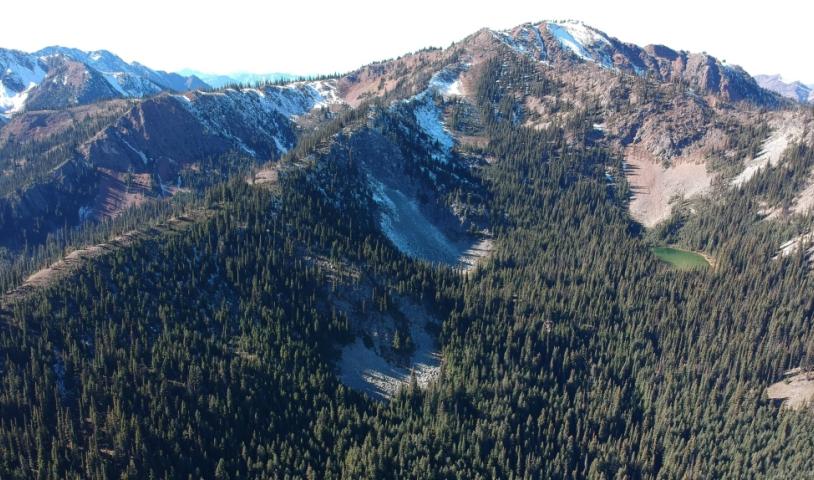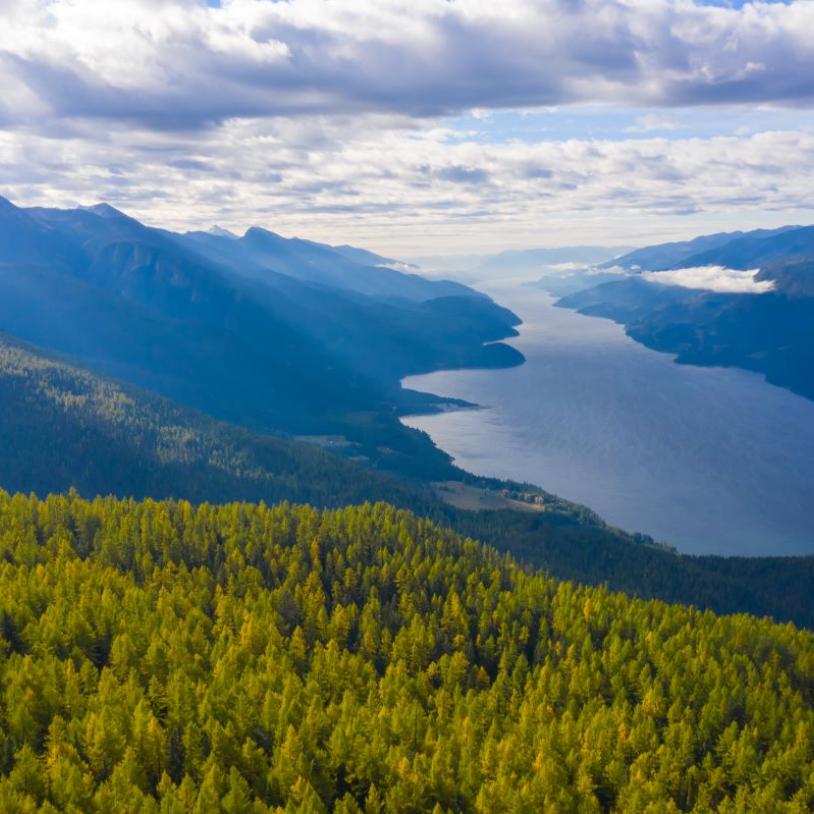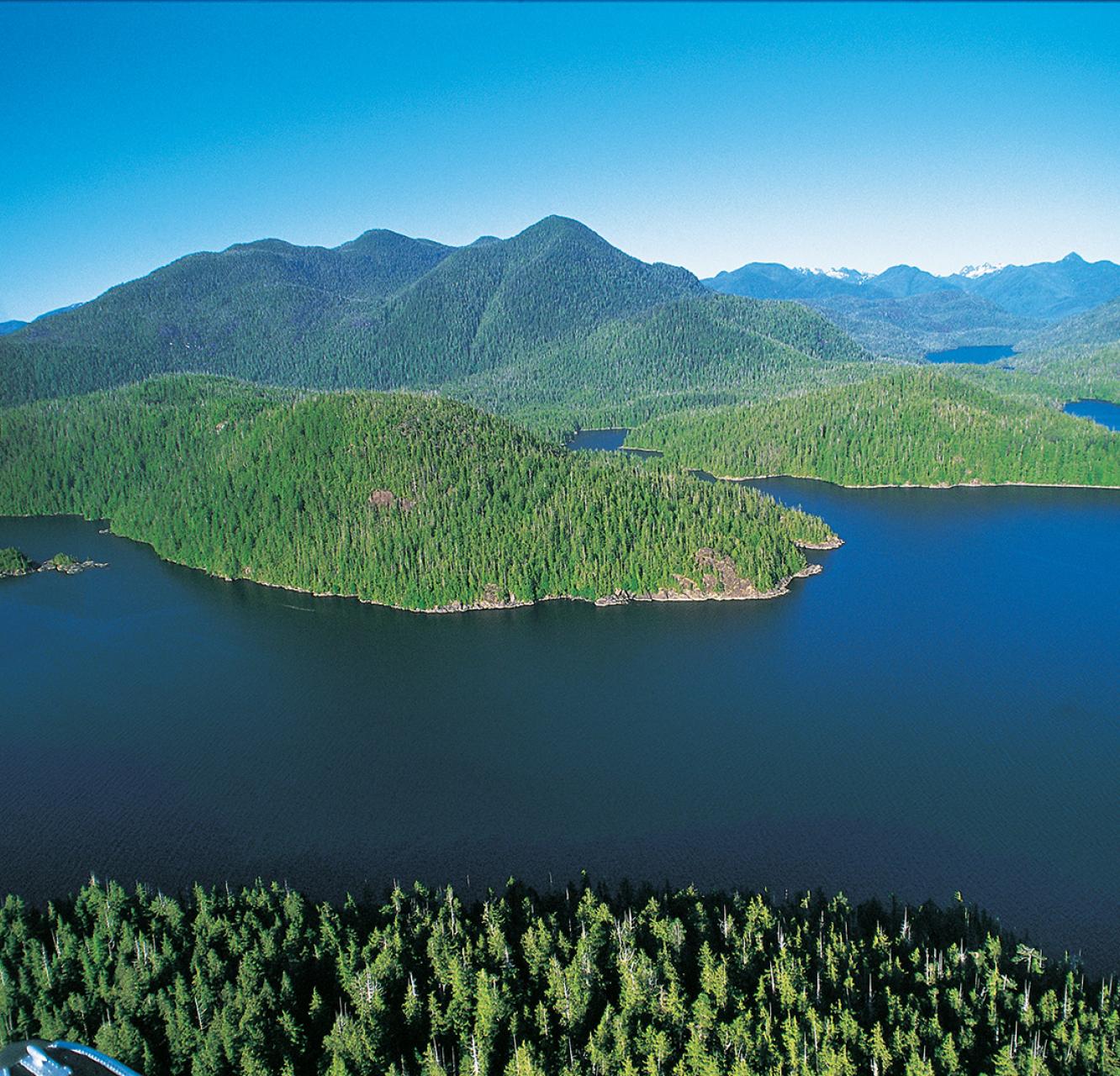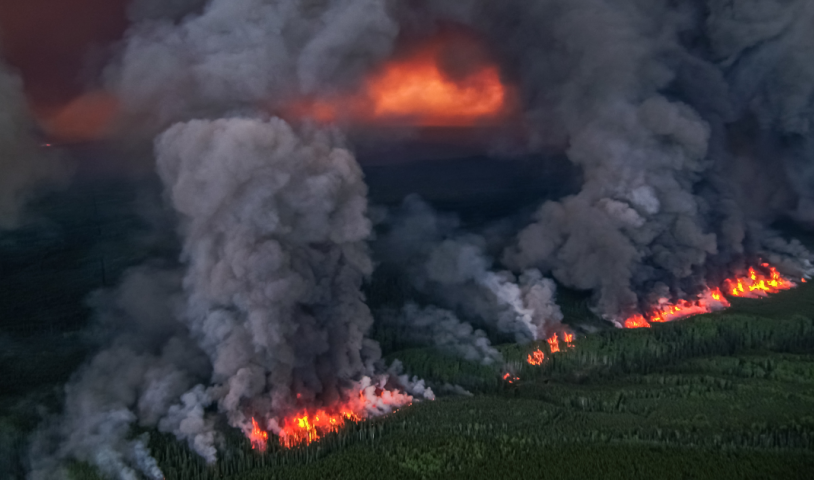Mining company makes $24M deal with B.C., advocates, to surrender claims between 2 provincial parks
Thursday, March 31, 2022
The so-called "doughnut hole" between two provincial parks in B.C.'s Interior has been closed. The provincial government has reached an agreement with Imperial Metals that will see the mining company surrender its mineral claims in the area.
The Skagit River Doughnut Hole is a roughly 5,800 hectare region completely surrounded by E.C. Manning Provincial Park to the east and Skagit Valley Provincial Park to the west.
It was created by a series of reconfigurations of the two parks' boundaries over the years, which the province has previously said happened largely to accommodate the mineral claims.
An environmentally sensitive and culturally significant part of the Skagit River headwaters, the doughnut hole has drawn the attention of environmental and Indigenous advocates on both sides of the border for years.
On Wednesday, the B.C. government announced that it had entered into a "memorandum of agreement" with Imperial Metals and the Skagit Environmental Endowment Commission that will see the company return all of its mining rights in the area to the province.
Consultation on "the future use and protection" of the land "will follow," according to the province's statement.
The province did not elaborate on the terms of the agreement or any compensation for Imperial Metals in its announcement on Wednesday.
The mining company said in its own statement on the deal that it expects to receive $24 million for the claim it's surrendering, a total that covers "all prior investment" in the claim.
B.C.'s Ministry of Energy, Mines and Low Carbon Innovation told CTV News via email on Thursday that the province is contributing $7 million toward the deal. Another C$7 million is coming from Washington State. The SEEC and the Nature Conservancy of Canada are contributing $5 million each.
Premier John Horgan hailed the agreement as "another step in the right direction" for the region. The province had already banned logging in the doughnut hole in December 2019.
The premier also described the agreement as a positive reflection on B.C.'s relationship with Washington State.
"This milestone also reflects on the important relationship we have with our neighbours in Washington state," Horgan said in the statement.
"I know we will continue to act in this same spirit of co-operation as we look toward recovery from last year's flood event on the Nooksack River, and reducing future damage and hardship caused by flooding on both sides of the border."
The Skagit River flows south out of Canada into Washington, eventually emptying into Puget Sound, making potential mining in the doughnut hole a significant concern for people in both countries.
"This agreement will help protect our natural environment for generations to come," said Washington Gov. Jay Inslee, in the B.C. government statement.
"The Skagit River is one of the most diverse salmon habitats in Washington state, including for Chinook, which are essential to the survival of the revered southern resident orca. This agreement is a shining example of the importance of cross-border collaboration when confronted with challenges that know no borders."
For its part, Imperial Metals said it also welcomed the agreement, noting that the company had faced "challenges" in obtaining mineral exploration and development permits in the area.
"Our objective as a mining company would have been to proceed with exploration of our claims," company president Brian Kynoch said in a statement.
"As a company that is responsive to the aspirations of Indigenous communities, government and neighbours, we support this agreement."





